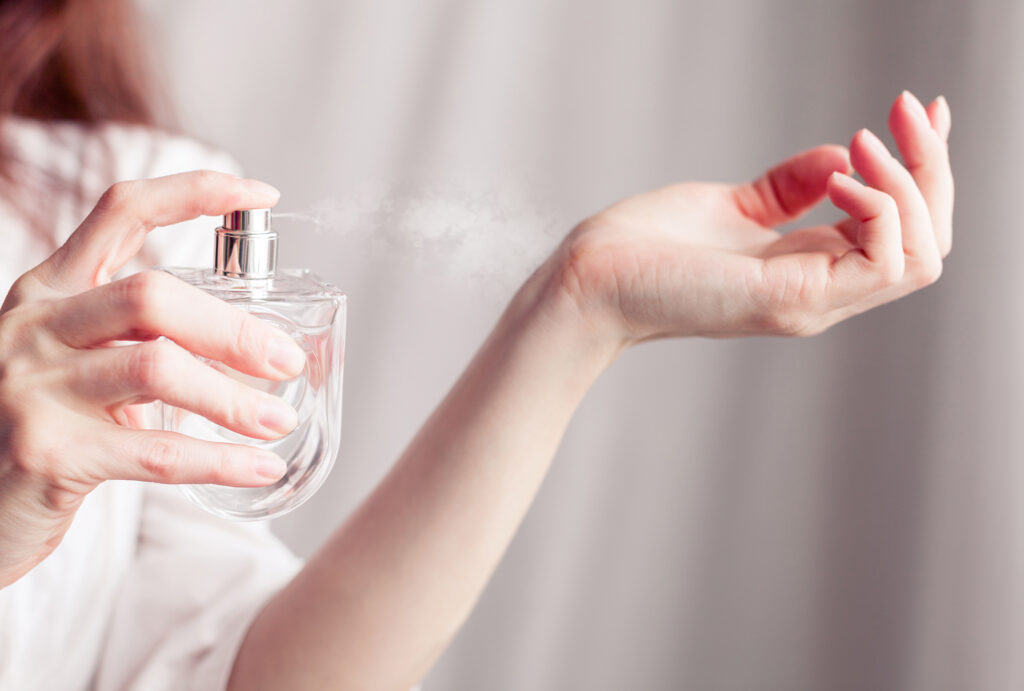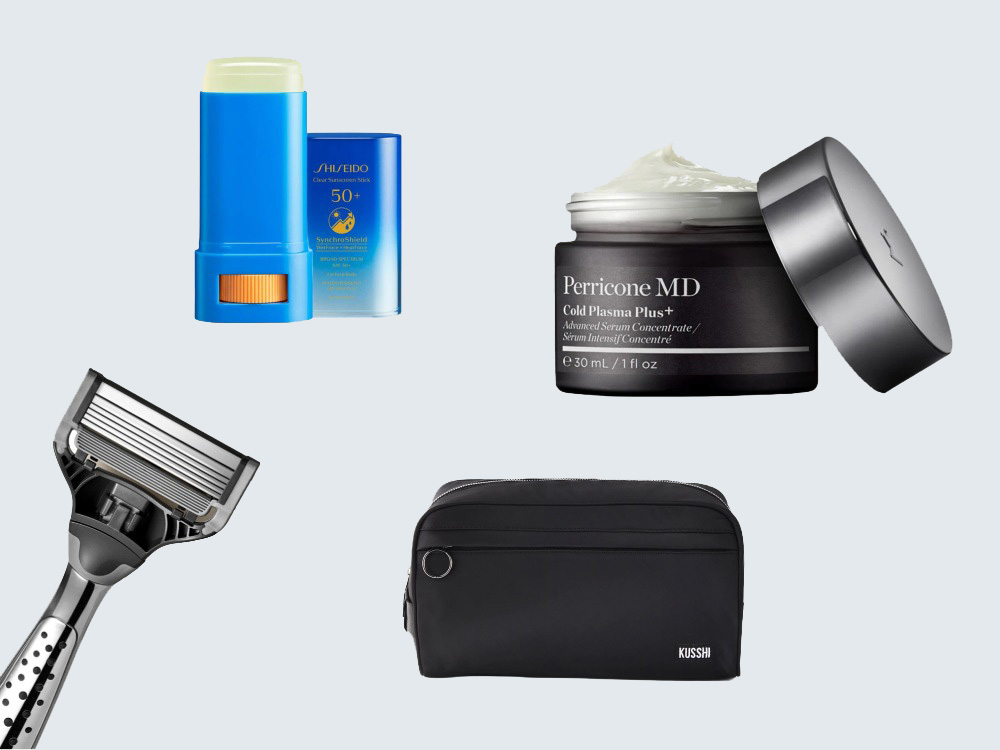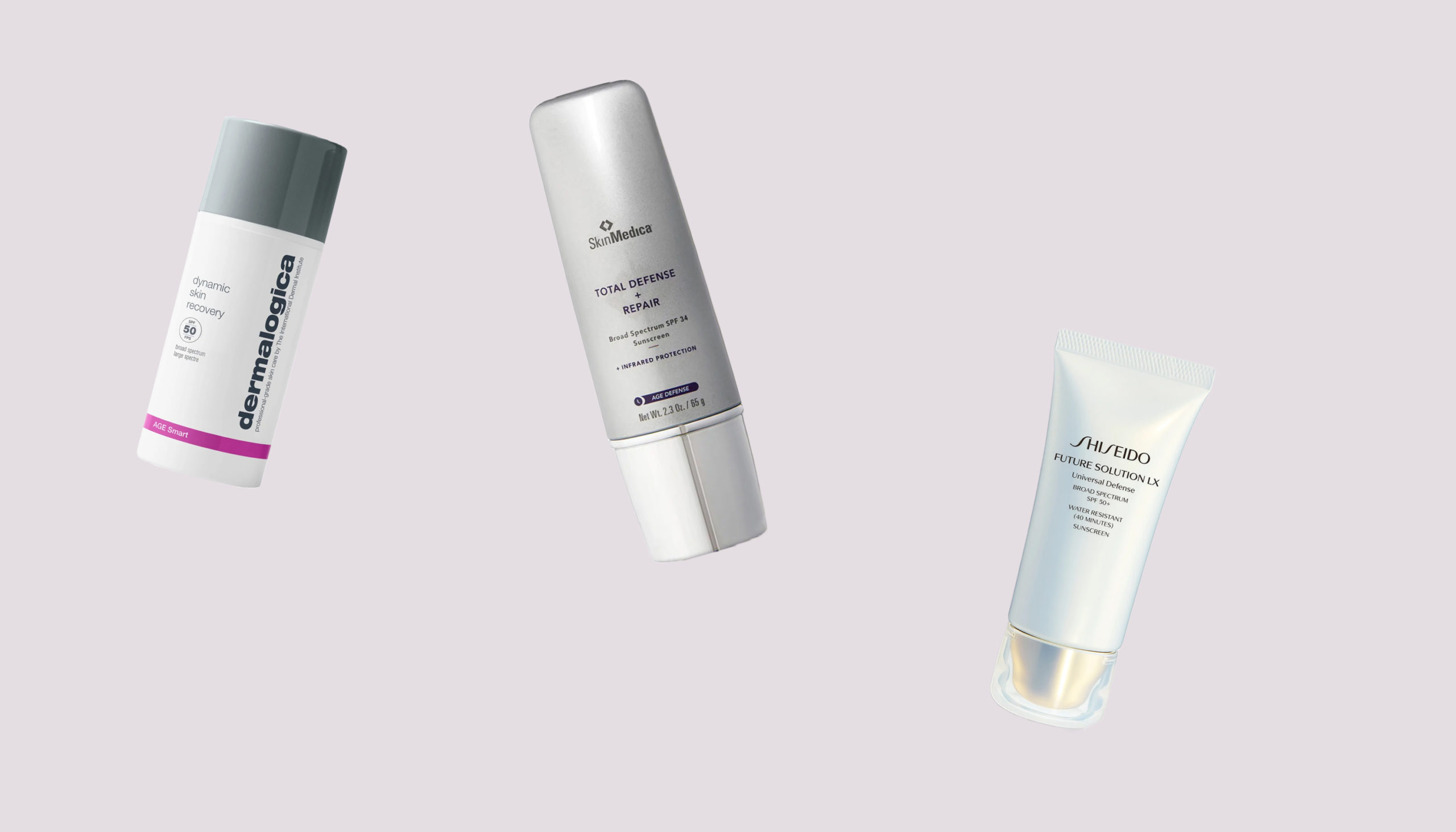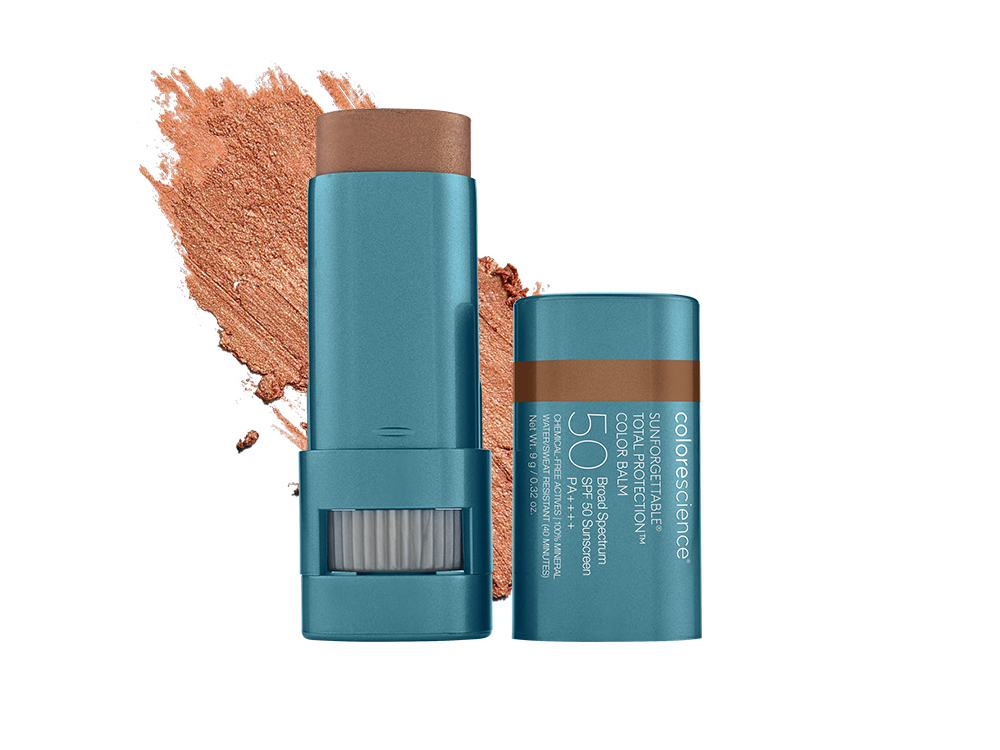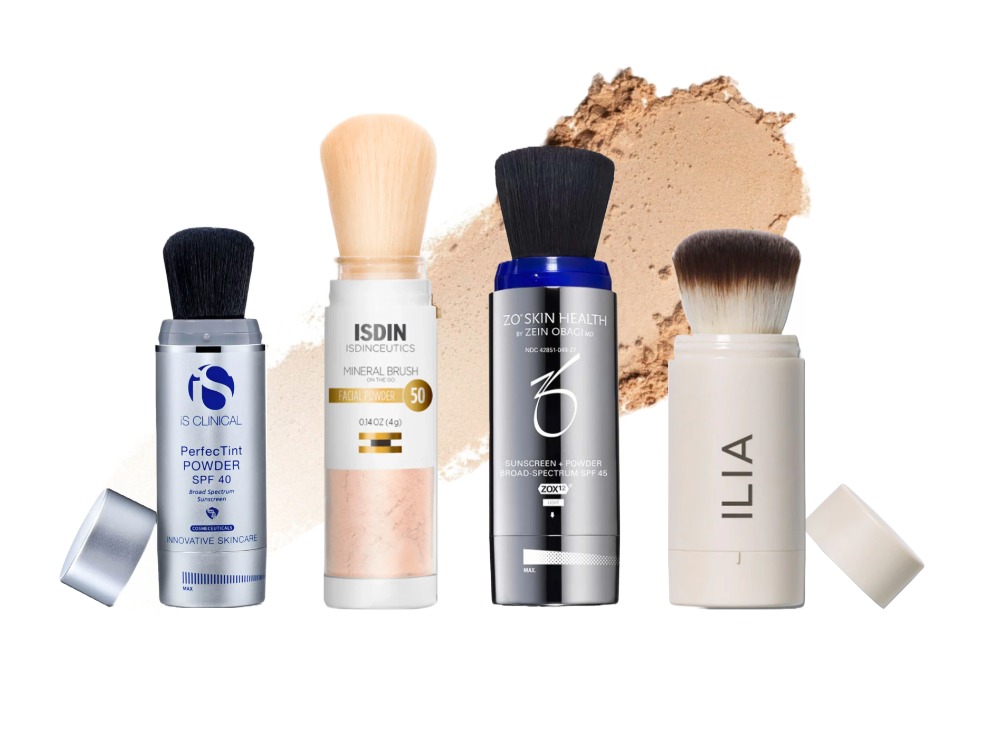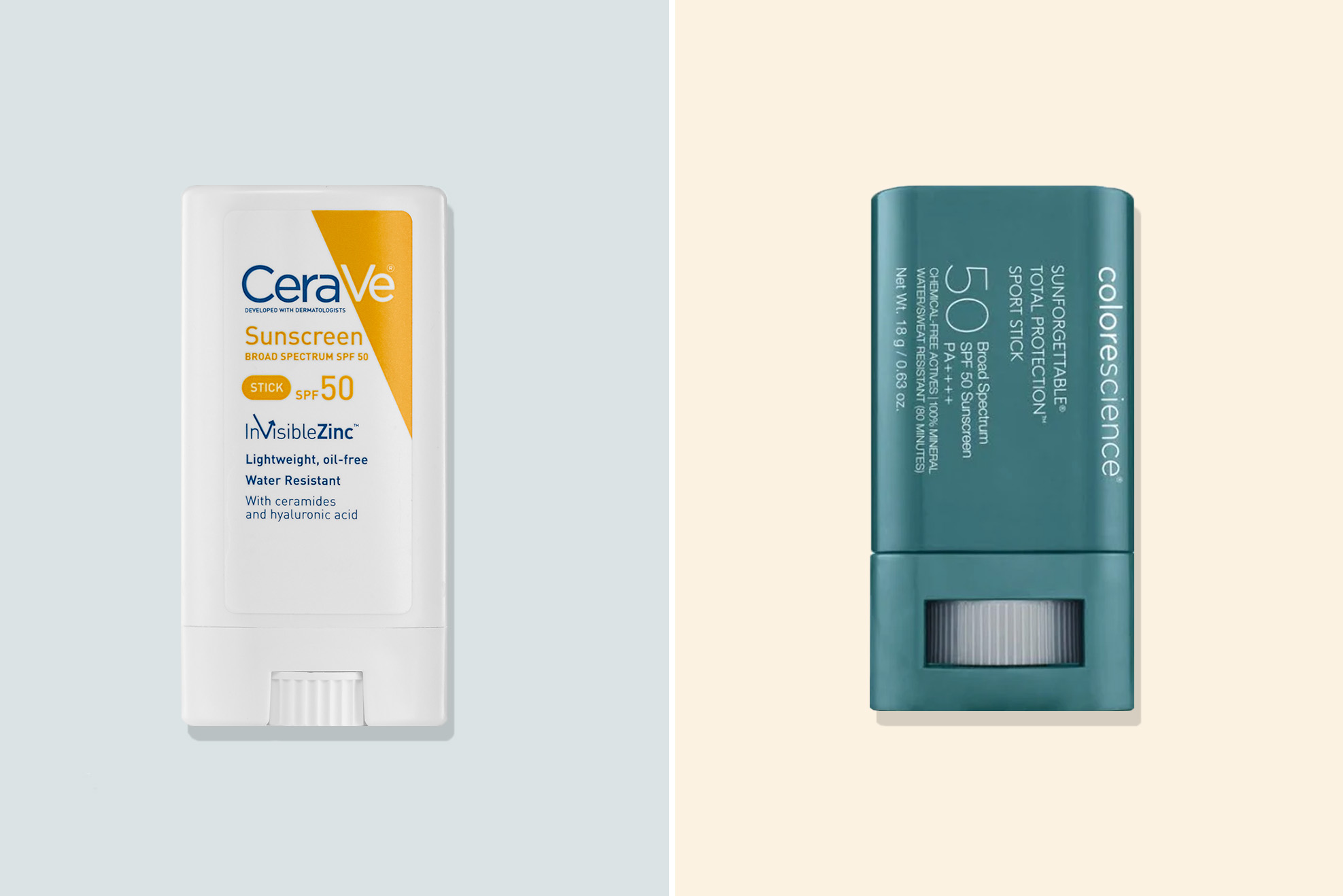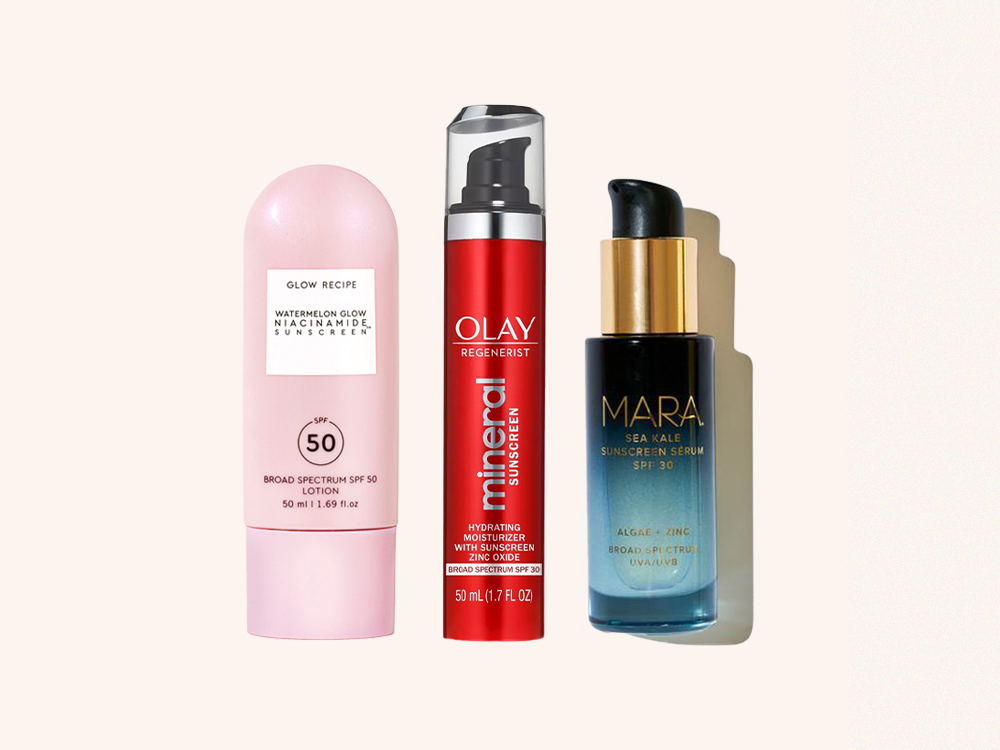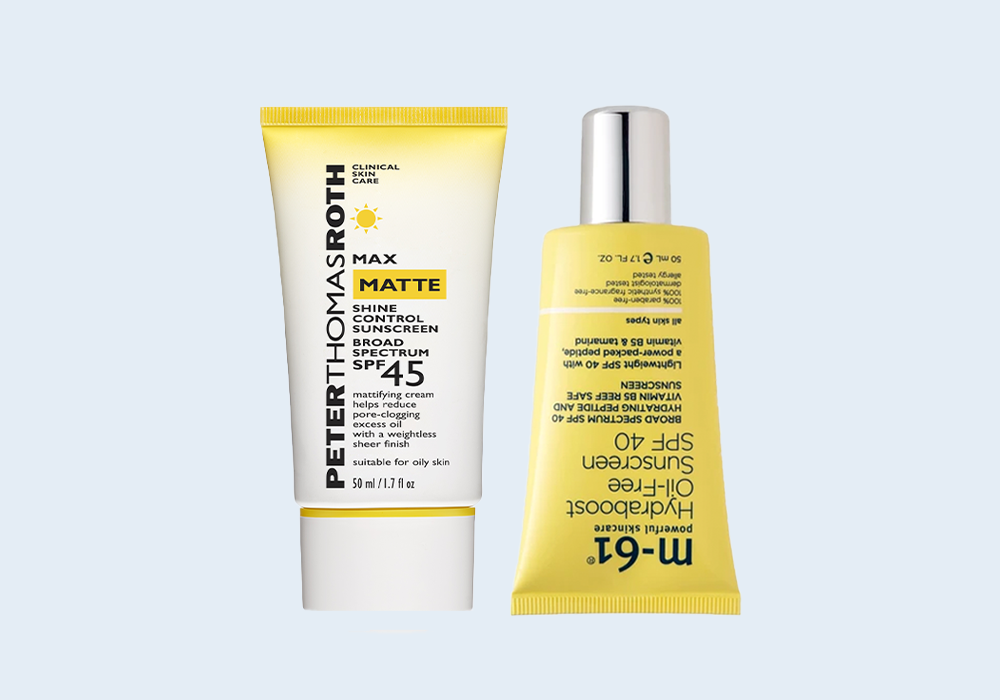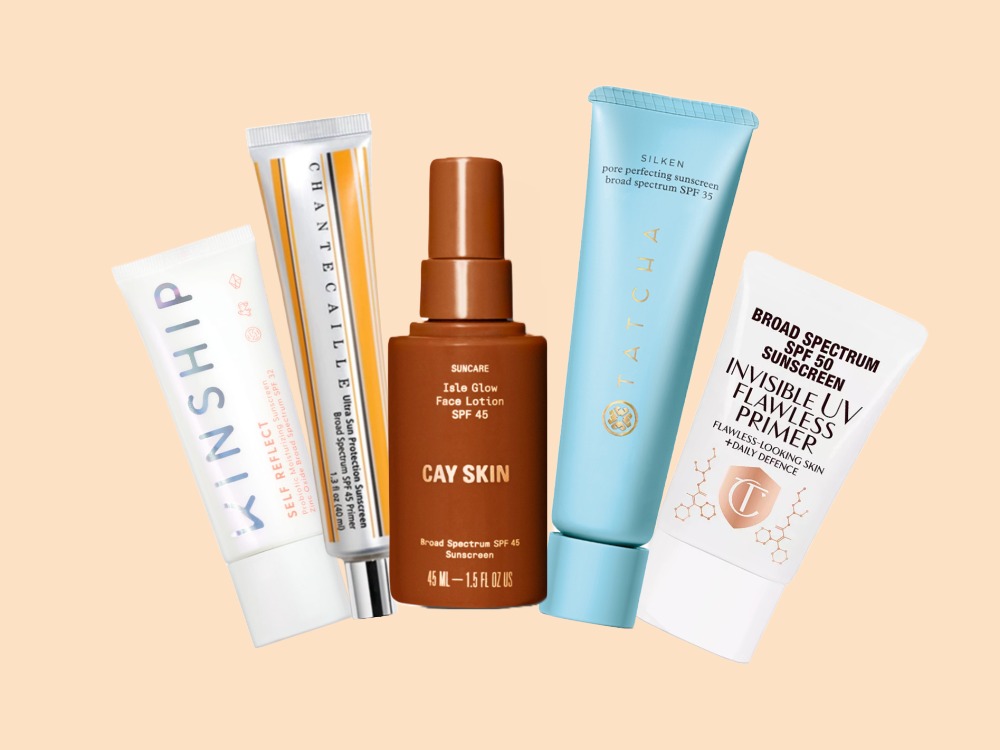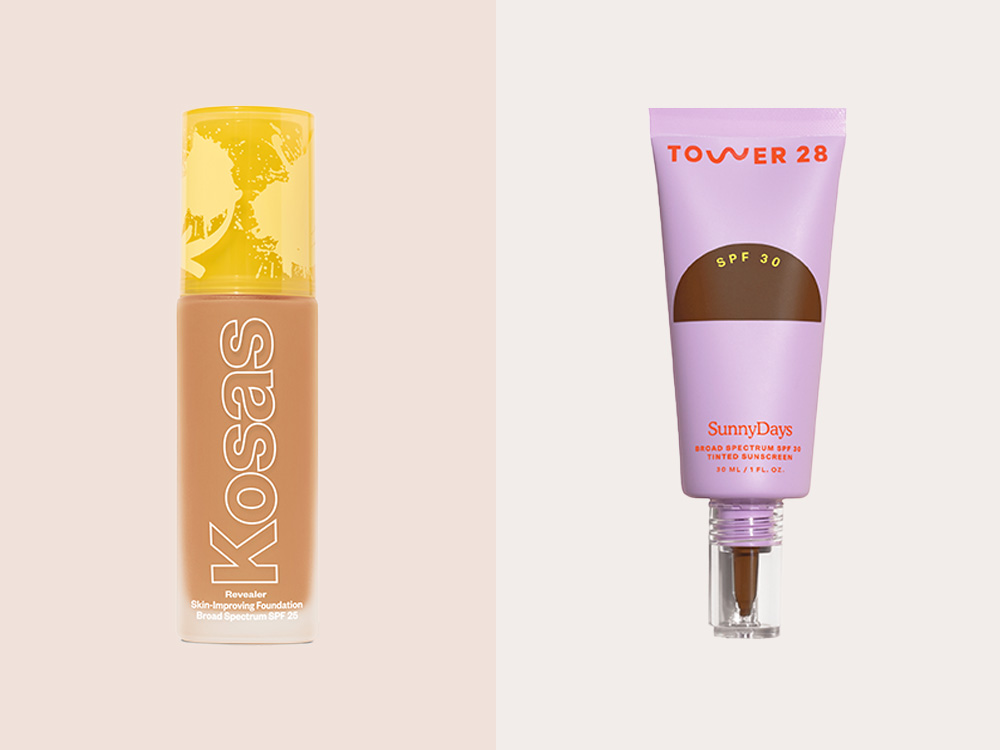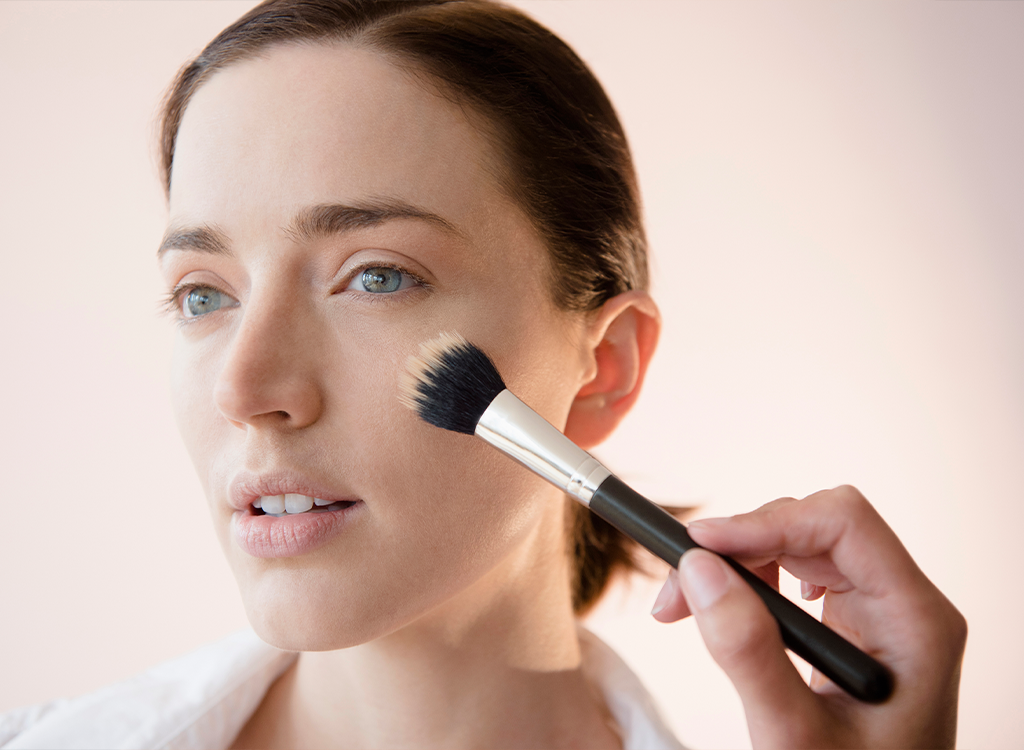We all know that a key part of defining your own style is finding the perfect fragrance. A signature scent can elevate your look like nothing else, but did you know that perfume could be causing skin issues like sun sensitivity?
We dive into the chemical composition of perfumes and explore how certain formulas can impact our skin. Plus, keep yourself sun-safe while smelling gorgeous with our expert-approved tips.
How Can Perfume Cause Sun Sensitivity?
Not all perfumes cause sun sensitivity, but a lot of them do.
West Palm Beach, FL dermatologist Kenneth Beer, MD, explains that natural oils like citruses are often activated by UV light. “These phytophoto reactions occur when the skin is exposed to certain fruits (like key lime for instance) and derived oils that contain furanocoumarins,” Dr. Beer explains. “These get activated by ultraviolet light. For example, Margaritaville dermatitis is characterized by the staining on the hand and comes from squeezing limes.”
This happens a lot in natural citruses and oils, including sandalwood and lavender, two hugely popular fragrances that also cause sun sensitivity.
According to Houston, TX dermatologist Jennifer Segal, MD, this kind of skin reaction often presents with irritation and inflammation. “Berloque dermatitis is a skin reaction that can occur when perfume products (often containing Bergamot) are applied to the skin, and that skin is subsequently exposed to the sun’s UV rays,” Dr. Segal explains. “It is characterized by irritation, inflammation, and post inflammatory hyperpigmentation in the areas of application and exposure.”
This kind of reaction to UV exposure forms very quickly, usually within minutes of being in the sun. Citrus oils are one of the most common causes of sun sensitivity caused by perfumes, but they’re not the only culprit.
According to the Skin Cancer Foundation, a far less common kind of sun sensitivity is a photoallergic reaction, where our immune system sees sun exposure as a foreign threat. Fragrances have been known to cause this reaction as well. It’s important to note that this photoallergic reaction take longer to show up on your skin, making it more difficult to trace the culprit back to your perfume.
Common Causes of Sun Sensitivity
Just like Dr. Beer noted, squeezing limes can also result in a UV reaction. But what else might cause us to become sensitive to the sun?
According to Aventura, FL dermatologist Donna Bilu Martin, MD, there are several causes. “Reactions can occur in response to certain medications, chemicals, plants, autoimmune diseases or metabolic diseases,” Dr. Bilu Martin explains. “Photosensitivity generally presents as a rash. It may look like a sunburn or eczema. Blistering may be present, and affected areas may be hot or painful.”
The Cleveland Clinic notes that medications with this side effect include several different antibiotics, antifungals, and even birth control pills.
Of course, skin care like retinoids also cause sun sensitivity.
“I see a lot of patients that start really early on high-concentration prescription retinols,” says celebrity aesthetician Nerida Joy. “These ingredients make your skin more sensitive to environmental damage, including from the sun. If you’re using these, you need to be wearing physical sunblocks and layering them to prevent damage.”
Fragrance Reactions: The World of Perfume Allergies
Considered among the top five allergens in North American and European countries, fragrance was even named “Allergen of the Year” in 2007 by the American Contact Dermatitis Society. One of the reasons perfume allergies are more common than ever is that cumulative exposure increases the chance of developing an allergy.
But the good news is, the industry seems to be changing.
Portuguese dermatologist Olivia Bordalo explained at the International Fragrance Association Conference back in 2010 that the high number of fragrance-caused allergies was abating. “The number of cases of contact dermatitis we see caused by allergies to fragrances and perfumes are decreasing,” Bordalo explains. “This is because the composition of fragrances is changing and causing less of an allergic reaction while other household items seem to be causing more.”
That said, a fragrance allergy can be difficult to navigate around, especially given the high number of perfumed household products. If you suspect you have a fragrance allergy, you may want to see your dermatologist to discuss potential treatment options.
Staying Sun Safe
Sun sensitivity caused by perfumes is a fairly common issue, but it doesn’t mean you have to let go of your favorite scent. You just need to be cautious and understand the increased risk.
“One must always be cautious with both sun exposure and skin sensitivity to perfumes, but especially so when they are combined,” Dr. Segal explains. “I always recommend sun protection with sunscreen, sun-protective clothing and sun avoidance, which can help protect against not only perfume-induced skin irritation but also skin cancer.”
If you are trying to reduce or completely avoid ingredients that may increase your sun sensitivity, it’s important to thoroughly search the ingredients.
“To avoid this reaction, check the ingredients and look up anything you don’t recognize,” Dr. Beer advises.
